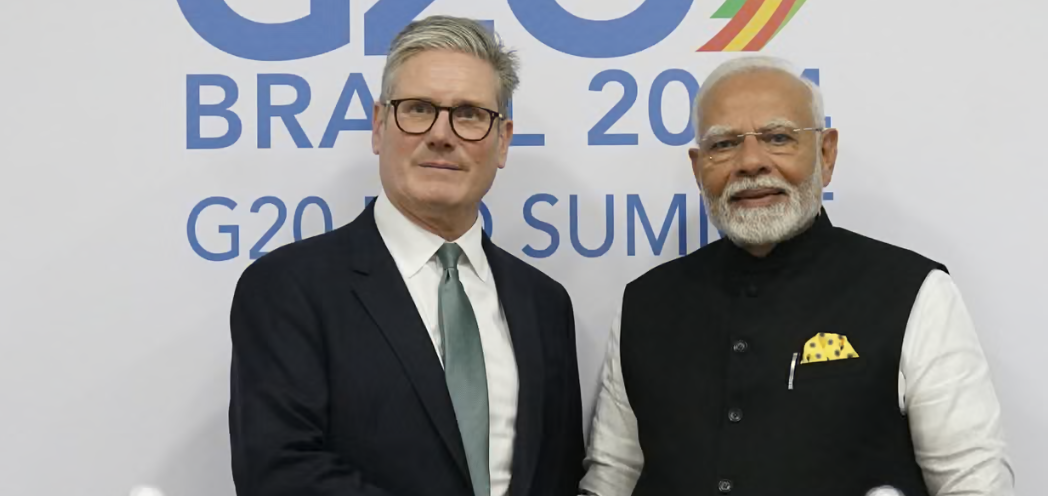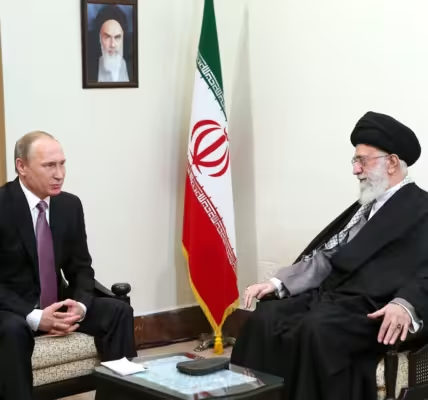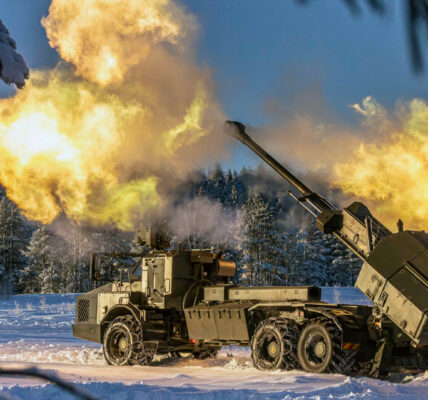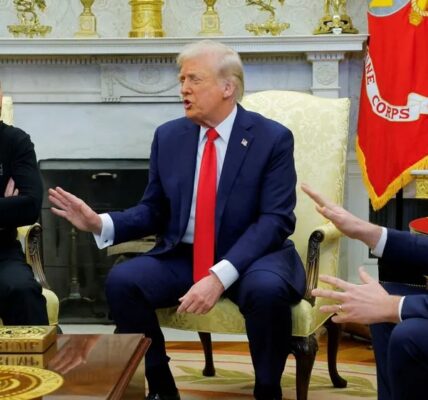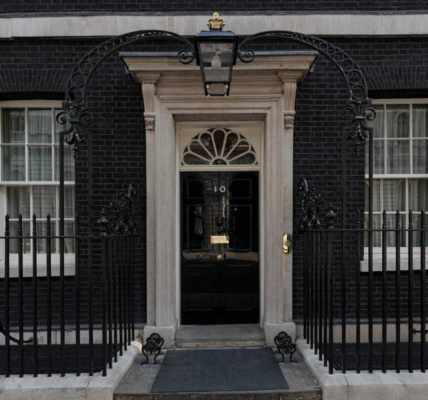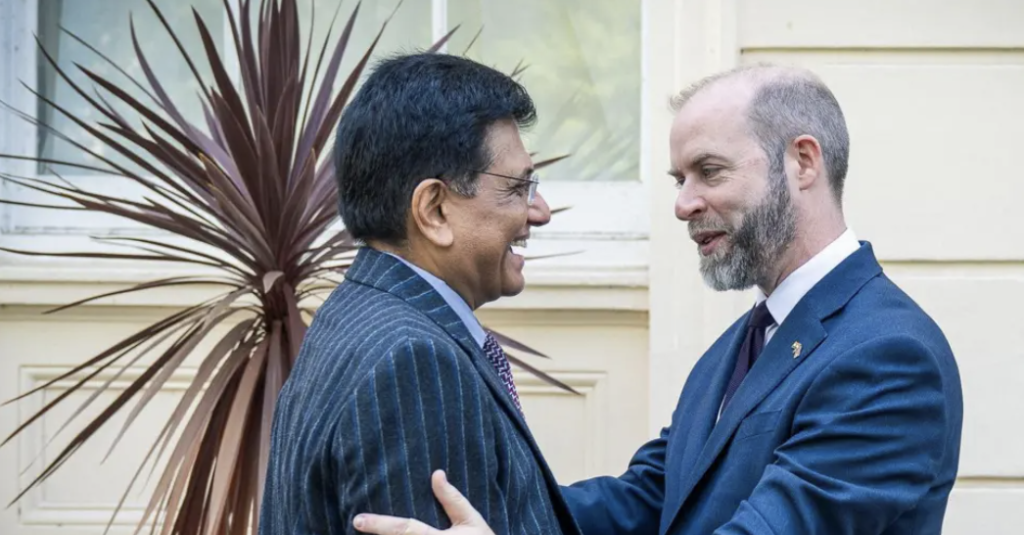
Britain and India have struck a landmark free trade deal that will slash tariffs with the world’s fifth-largest economy and ultimately boost growth by up to £5 billion a year — the equivalent of a 0.1 per cent rise in GDP.
The agreement will also see Indian tariffs cut on cosmetics and medical devices and is expected to deliver a £4.8 billion boost to the UK economy, according to the government.
In the long term, it is projected to increase bilateral trade by £25.5 billion, UK GDP by £4.8 billion, and wages by £2.2 billion annually.
The agreement — the biggest trade deal signed since Brexit — will result in Indian taxes on British exports such as whisky and cars falling by up to 90 per cent.
In return, Britain has made concessions to Delhi, including an exemption from National Insurance payments for Indian workers in the UK.

Narendra Modi, the Indian Prime Minister, described the deal as a “historic milestone”, adding: “India and the UK have successfully concluded an ambitious and mutually beneficial free trade agreement. These landmark agreements will further deepen our comprehensive strategic partnership, and catalyse trade, investment, growth, job creation, and innovation in both our economies.”

Sir Keir Starmer said the deal would “grow the economy and deliver for British people and business”.
Defence sources have also told National Security News that the trade deal is expected to help secure greater security cooperation between the two countries.
One source said: “Both the UK and India have a strong military relationship and this trade deal can only benefit that.”
Ministers denied that the agreement would lead to an increase in visas from India but said that businesses would benefit from a clearer and simplified approval process. Britain will also scrap tariffs on Indian textile imports — another key demand from Delhi — which the government claimed would reduce prices for British consumers.
Automotive tariffs will fall from more than 100 per cent to 10 per cent under a new quota system, and taxes will also be cut on exports of medical devices, aircraft parts, and machinery.
Government sources said the deal would open up India’s notoriously protectionist market and represented the biggest trade agreement the UK has ever secured.
It will liberalise customs procedures and rules of origin, allowing goods assembled in Britain to benefit from lower tax rates. It is also expected to give British service firms greater access to Indian markets, including certain areas of government procurement.
The agreement follows intensive negotiations between Jonathan Reynolds, the Business Secretary, and Piyush Goyal, India’s Trade Minister, last week. It was signed off during a call between Starmer and Modi on Tuesday.
Both sides had prioritised getting a deal over the line after President Trump’s “liberation day” tariffs, which imposed 26 per cent taxes on Indian exports to the US and 10 per cent on British exports.
Ministers hope the deal will offset some of the economic damage caused by Trump’s trade war, which economists have warned could wipe out British economic growth next year.
It is likely to be followed by the announcement of an enhanced trading relationship with the EU later this month, which will end most checks on British agricultural exports.
Ministers are also hopeful of concluding a more limited trade deal with the US, which would reduce the impact of some of Trump’s tariffs on Britain.

